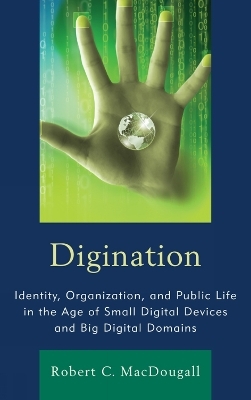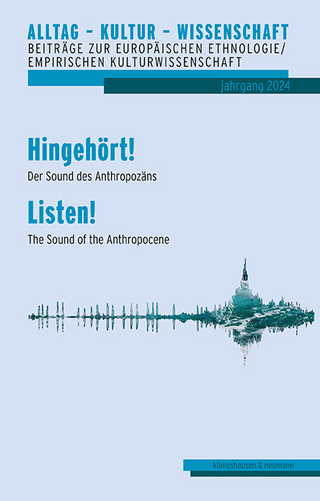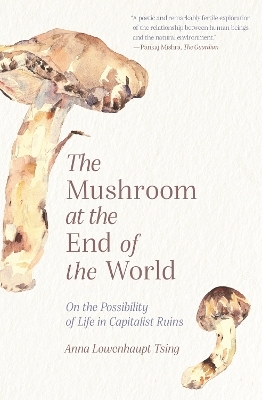
Digination
Fairleigh Dickinson University Press (Verlag)
978-1-61147-699-6 (ISBN)
That time-honored trope: the notion that technology is not the problem, rather, it’s how people use technology that’s the problem is shown to be wanting. Highlighting Marshall McLuhan’s “tetrads” or laws of media as a primary tool of analysis, R.C. MacDougall argues in line with other media ecologists that it’s not so much how we use certain tools that matters, it’s that we use them. More than any other technological form perhaps, communication technologies play particularly powerful and systemic roles in our culture, or any culture for that matter. Late adopters and even abstainers are not exempt from the psychological, social and cultural effects (and side-effects) of modern digital communication technology. While there are certainly varying degrees of immersion—that is to say, while some of us live in the high-rise downtown district, some at the city limits, and still others out in the proverbial “woods"—we all live in Digination today.
R.C. MacDougall is professor in the communication department at Curry College.
Chapter 1 Understanding our Digination Chapter 2 Lost Logos: Finding the Art and Argument in McLuhan's Message Chapter 3 Indigenous E-mail: Identity Construction and the Oral/Textual Interface Chapter 4 Blogs:The News Medium Chapter 5 Information, Interactivity, and the Denizen of Digination Chapter 6 Search Engineering and the Emerging Information Ecology Chapter 7 Portable Digital Music Devices and the Sound-Tracked Lifeworld Chapter 8 Podcasting and Lifeworld:From Sound Track to Narractive Track Chapter 9 Knitting, Napping, and Notebook Computers (and other mnemotechnical systems) Chapter 10 eBay Ethics:Prefiguring the "Digital Democracy" Chapter 11 Media Ecology and a Biological Approach to Understanding Our Digination Chapter 12 Appendix: The Tetrads Chapter 13 References Chapter 14 Index
| Verlagsort | Cranbury |
|---|---|
| Sprache | englisch |
| Maße | 165 x 241 mm |
| Gewicht | 485 g |
| Themenwelt | Naturwissenschaften |
| Sozialwissenschaften ► Ethnologie | |
| Sozialwissenschaften ► Soziologie | |
| Technik ► Nachrichtentechnik | |
| ISBN-10 | 1-61147-699-2 / 1611476992 |
| ISBN-13 | 978-1-61147-699-6 / 9781611476996 |
| Zustand | Neuware |
| Haben Sie eine Frage zum Produkt? |
aus dem Bereich


